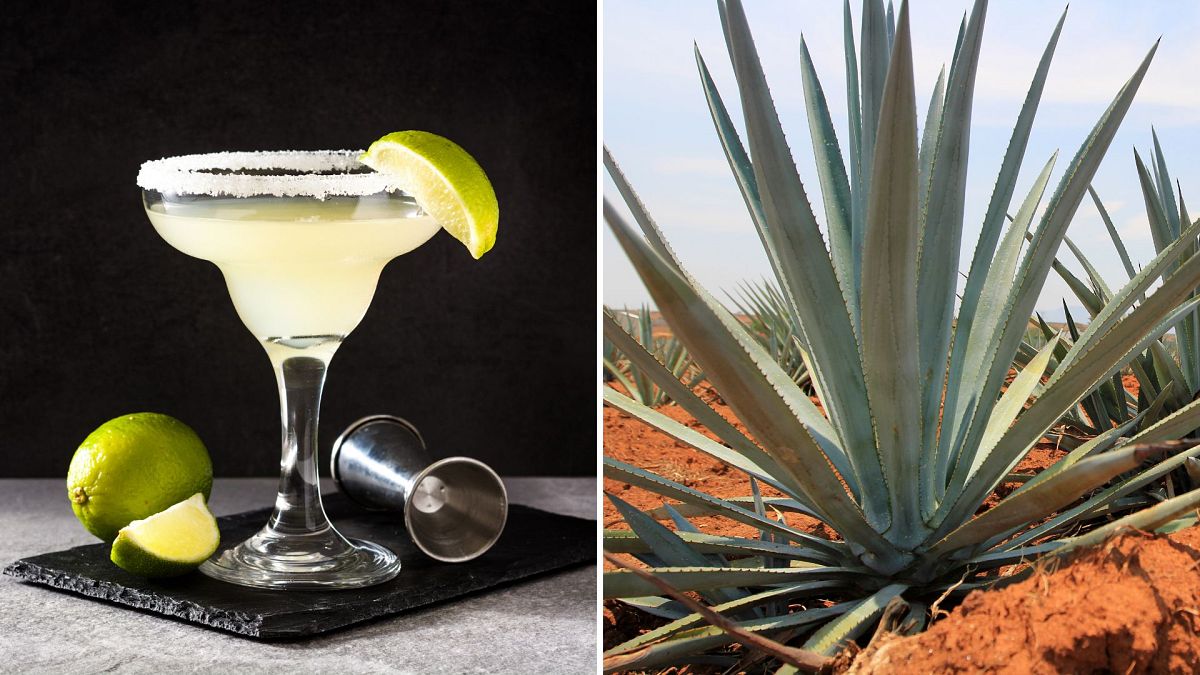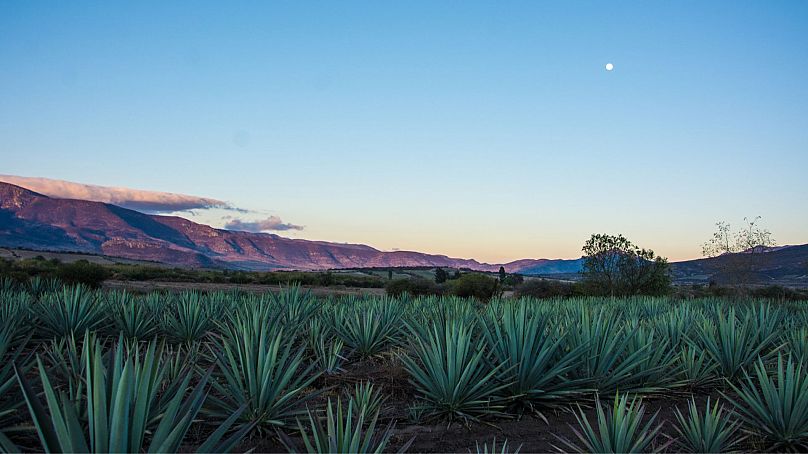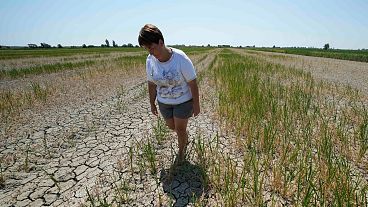Skyrocketing demand, climate change and an endangered bat could threaten your favourite cocktail.
The climate crisis threatens the existence of one of the world’s most popular cocktails: the margarita.
Every day, hundreds of thousands of people enjoy the popular concoction, a mix of tequila, triple sec and lime juice.
No more so than on 22 February, International Margarita Day.
But agave-based liquors like tequila and mezcal face an uncertain future.
Rising temperatures and land degradation threaten the bat that pollinates the agave plant, while high demand for tequila could result in a limited supply.
Why are tequila and mezcal under threat?
Agave plants - which grow in the hot, dry deserts of Central America - are pollinated by the Mexican long nosed bat.
“The relationship between bats and tequila may seem obscure at first, but the bat-plant association is so strong that the disappearance of one would threaten the survival of the other,” explains Bat Conservation International.
A 2019 study showed that ‘suitable environments’ for the species will be reduced due to climate change.
As bat numbers dwindle, their interaction with agave plants will be reduced by 75 per cent, the study warns.
“The potential extinction of the bat … will likely have negative effects on the sexual reproduction and genetic variability of agave plants, increasing their vulnerability to future environmental changes,” it reads.
Will overconsumption drive agave to extinction?
As tequila and mezcal grow increasingly popular, local producers fear that demand will drive corporations to over cultivate the land.
The value of Mexico's mezcal exports skyrocketed from nearly $20 million (€19 million) in 2015 to around $63 million (€59 million) in 2020, according to official figures.
"This excess demand from national and international markets has consequences. If more plants are needed, of course there's more exploitation," said craft distiller Sosima Olivera.
Although mezcal and tequila have similar production methods, some important differences set them apart.
Tequila is made with blue agave in the western state of Jalisco. Mezcal uses other types - including highly prized wild magueys - some of which take 15 years or longer to mature. This lengthy growing time means that they are particularly vulnerable to overexploitation.
For that reason, producers such as Graciela Angeles believe it is crucial to preserve the plants for future generations.
"What will happen to biological diversity? There are very few efforts to conserve these species," she says.
"Without magueys there's no mezcal."




